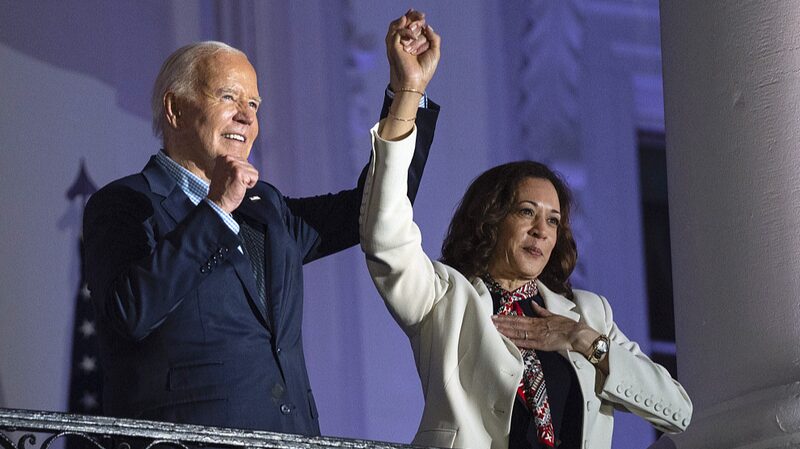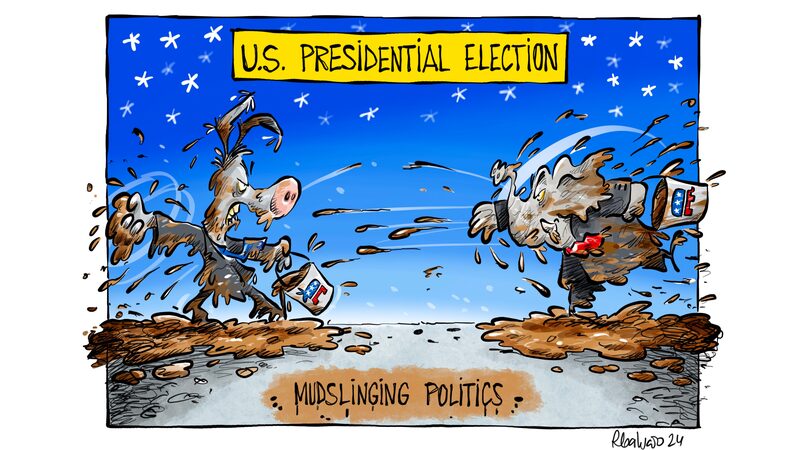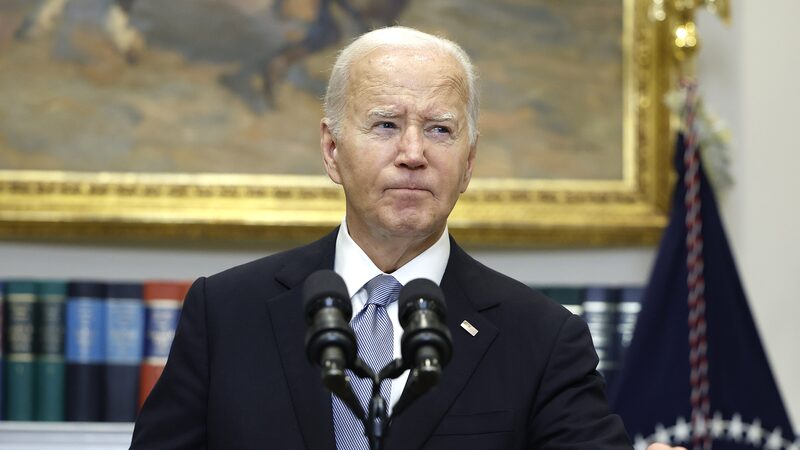In a stunning turn of events, U.S. President Joe Biden has withdrawn from the presidential race, endorsing Vice President Kamala Harris as the Democratic nominee to face Donald Trump in the upcoming November election. Biden, 81, who has served as both vice president and senator, has been under mounting pressure from fellow Democrats following a faltering debate performance against Trump in June. His decision to step aside throws the race wide open and positions Harris at the forefront of the Democratic campaign. Biden has struggled to regain momentum after the June debate, where his performance was widely critiqued. Concerns over his ability to lead the party to victory have been growing within Democratic circles. By endorsing Harris, Biden aims to unify the party and bolster its chances against Trump. With less than a month before the Democratic Party’s convention and under four months until the election, the party faces the urgent task of nominating a candidate. Harris’s potential candidacy marks a historic moment, as she would be the first woman of African and South Asian descent to lead a major party ticket. As Vice President, Harris has been a prominent figure in the administration, advocating for key policy initiatives. Her nomination could energize key voter demographics, including women and minority communities. However, she will need to quickly build a campaign infrastructure capable of taking on Trump’s well-established base. Harris’s entry into the race reshapes the electoral landscape. Her candidacy presents new dynamics in battleground states and could influence voter turnout. The upcoming months will be crucial as both parties adjust their strategies in response to this unexpected development. The political world watches closely as the Democratic Party navigates this unanticipated shift, with the outcome likely to have significant implications for U.S. domestic and foreign policy, impacting not only America but also the international community, including Asia’s political and economic relations with the United States.Why Did Biden Withdraw?
What Does This Mean for the Democratic Party?
Kamala Harris’s Path Forward
Implications for the November Election
Reference(s):
What happens next? Four questions as Biden quits race, endorses Harris
cgtn.com








